
UN High Commissioner for Human Rights warns of increasing lawlessness in Libya. (Photo: Anadolu Agency)
Geneva, 21 Rabi ‘ul Akhir 1436/11 February 2015 (MINA) – The UN High Commissioner for Human Rights warned of increasing turmoil and lawlessness inLibya in a report Tuesday, as violence by hundreds of armed groups has created a deep political crisis.
“(The report) paints a bleak picture of increasing turmoil and lawlessness, fanned by a multitude of heavily armed groups amid a broadening political crisis,” UN High Commissioner for Human Rights spokesman Rupert Colville said in a press conference at the UN headquarters in Geneva Tuesday. “During 2014, civilians were victims of indiscriminate artillery and air attacks.”
Libya is facing the worst political crisis and escalation of violence since the 2011 armed conflict, the report said, as the number of fighters belonging to different groups surpassed 200,000, Anadolu Agency quoted by Mi’raj Islamic News Agency (MINA) as reporting.
The number of internally displaced people in Libya rose from 60,000 at the beginning of 2014 to an estimated 400,000 by mid-November, the report said.
Also Read: UN Security Council Condemns Israeli Strikes Targeting Qatar
The findings also documented “numerous incidents of targeted violence, with cases of harassment, intimidation, torture, numerous abductions and summary executions of human rights defenders, civil society activists, journalists and other media professionals, as well as members of the judiciary, politicians and law enforcement officers.”
“Migrants face arbitrary detention and very poor conditions of detention,” the report, which will be formally presented to the UN Human Rights Council in March, added.
Meanwhile, Geneva’s UN office spokeswoman Corinne Momal-Vanian said Tuesday that a Libyan political dialogue meeting in Geneva this week has been canceled.
Libya remains in a state of turmoil since the fall of the Gaddafi regime in 2011. Rival militias have frequently clashed in the country’s main cities, including capital Tripoli and the eastern city of Benghazi.
Also Read: Sheikh Ali Al-Qaradaghi: Defending Gaza Today Safeguards the Future of the Ummah
Political divisions have yielded two rival seats of government in the country, each with its own institutions.
Vying for legislative authority are the newly-elected House of Representatives, which convenes in Tobruk, and the General National Congress, which – even though its mandate has ended – continues to convene in Tripoli.
The assemblies support different governments headquartered in the two respective cities. (T/P010/P3)
Mi’raj Islamic News Agency (MINA)
Also Read: Qatar Initiates Legal Action Against Israeli Attack on Doha





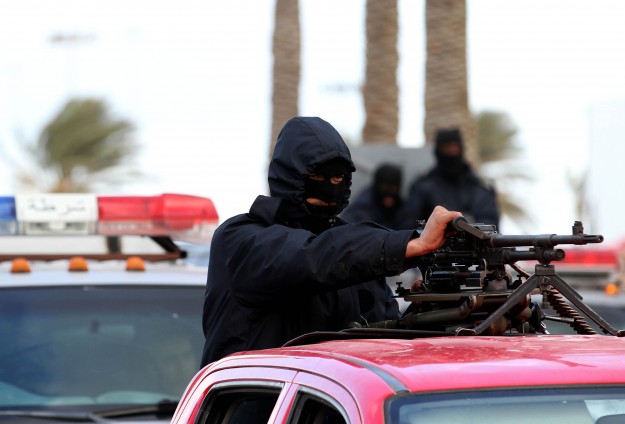

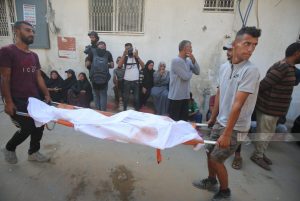
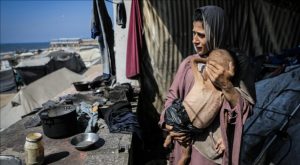
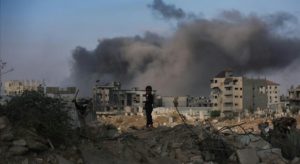


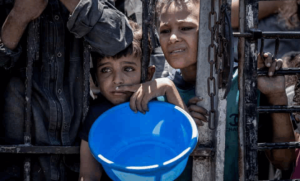

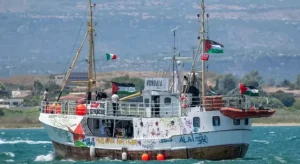
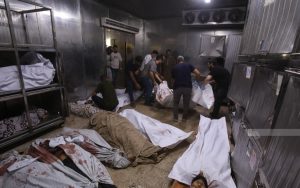
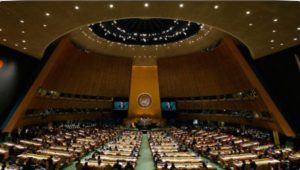
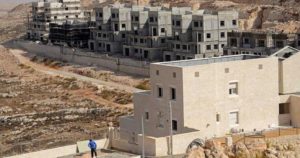
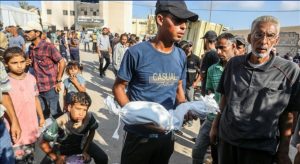
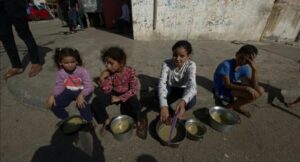



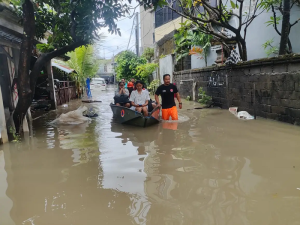
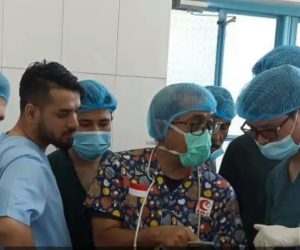
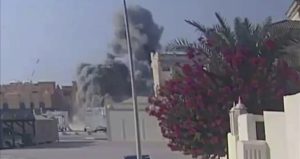
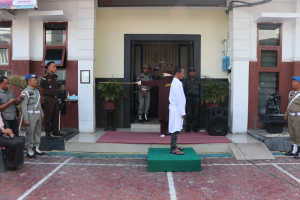
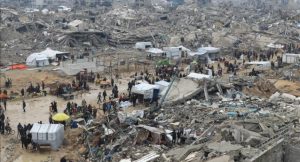
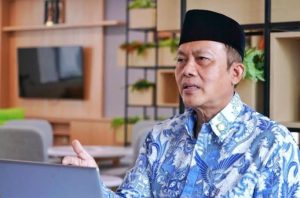
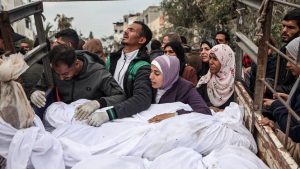
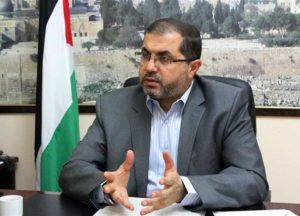



 Mina Indonesia
Mina Indonesia Mina Arabic
Mina Arabic